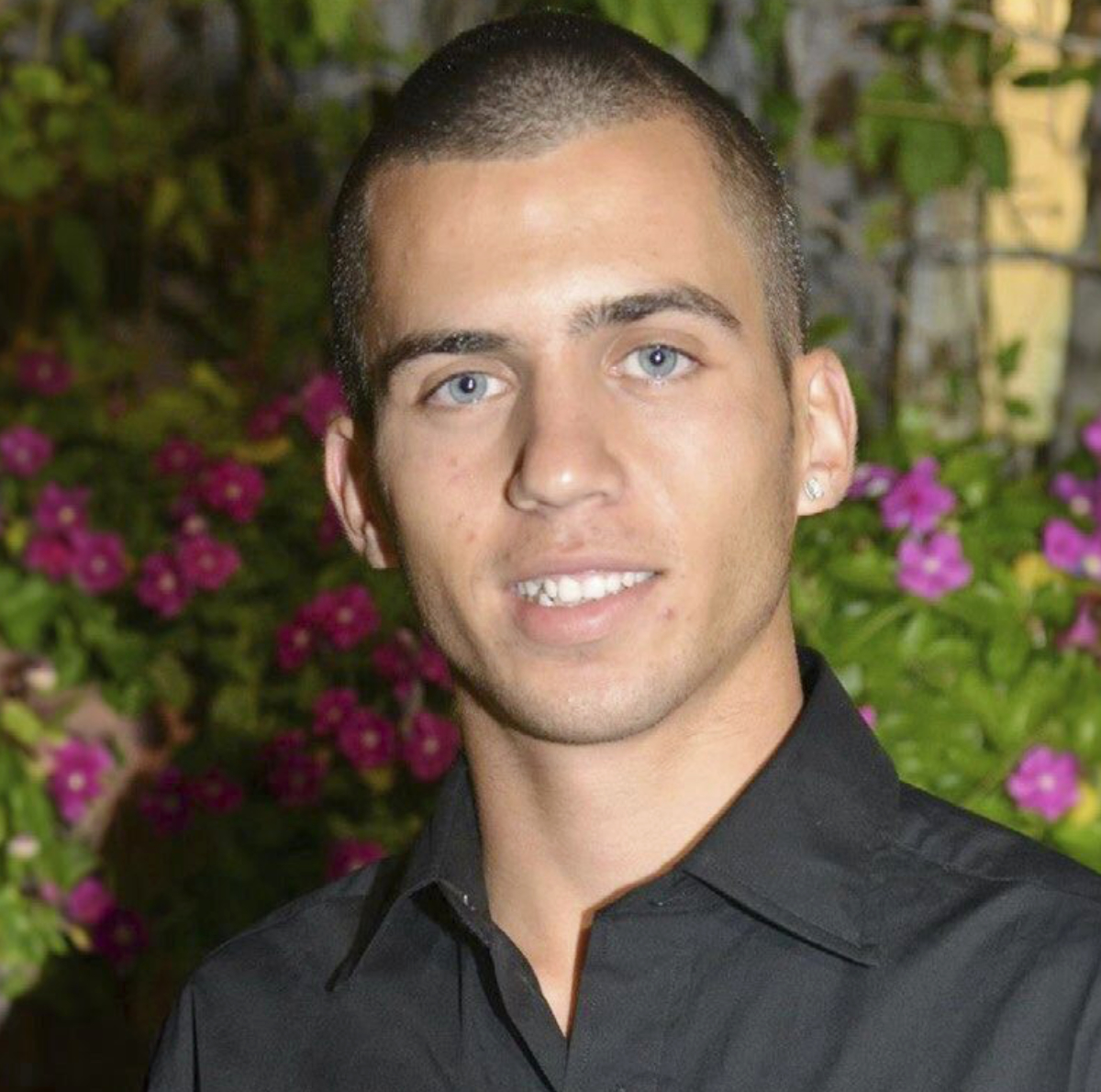JERUSALEM: Three hostages held by Hamas were released Sunday after 471 days in captivity as part of a ceasefire between Israel and the Palestinian militant group. A gradual release of dozens of captives over the next several weeks has been agreed on.
The truce and release of hostages sparked hope and trepidation among Israelis. Many fear that the three-phase deal could collapse before all the hostages return, or that they will arrive in poor health. Others worry that the number of captives who have died is more than predicted.
Some 250 people were kidnapped during Hamas’ Oct. 7, 2023, attack that triggered 15 months of war. Around 100 hostages still remain in Gaza, after the rest were released, rescued, or their bodies were recovered.
Hours before Sunday’s ceasefire, which many hope is the first step to end the war, Israel announced that it had retrieved the body of Oron Shaul, a soldier who was killed in the 2014 Israel-Hamas war and whose remains have been held by the militants since then.
Here’s a look at the three hostages released on Sunday:
Romi Gonen, 24
Romi Gonen was kidnapped from the Nova music festival in southern Israel on Oct. 7, 2023. That morning, Gonen’s mother, Merav, and her eldest daughter spent nearly five hours speaking to Gonen as militants marauded through the festival grounds. Gonen told her family that roads clogged with abandoned cars made escape impossible and that she would seek shelter in some bushes.
Then she said words that continue to echo in her mother’s head every day. “Mommy I was shot, the car was shot, everybody was shot. ... I am wounded and bleeding. Mommy, I think I’m going to die,” she recounted Romi as saying, in a press conference a few weeks after the abduction.
At a loss for what to do, Merav Gonen tried to convince her daughter that she wasn’t going to die, to start breathing and treat her wounded friends. According to Merav, Romi’s last word during the call was a shriek of “Mommy!” as approaching gunfire and the men’s shouts drowned out everything.
Then the phone shut off. Israeli authorities identified her phone’s location in Gaza.
Over the past 15 months, Merav Gonen has been one of the most outspoken voices advocating for the return of the hostages, appearing nearly daily on Israeli news programs and traveling abroad on missions.
“We are doing everything we can so the world will not forget,” she told The Associated Press on the six-month anniversary of Hamas’ attack. “Every day we wake up and take a big breath, deep breath, and continue walking, continue doing the things that will bring her back.”
Emily Damari, 28
Emily Damari is a British-Israeli citizen kidnapped from her apartment on Kibbutz Kfar Aza, a communal farming village hit hard by Hamas’ assault. She lived in a small apartment in a neighborhood for young adults, the closest part of the kibbutz to Gaza. Militants broke through the border fence of the kibbutz and ransacked the neighborhood.
Damari’s mother, Mandy, said she loves music, traveling, soccer, good food, karaoke and hats. Kibbutz Kfar Aza said that Damari was often the “glue that held her close-knit friend group together” and she was always organizing gatherings of friends around the best barbecue corner in the entire kibbutz.
On Sunday, Mandy released a statement of thanks for supporters “who never stopped saying her name.”
“After 471 days Emily is finally home,” she said.
Doron Steinbrecher, 31
Doron Steinbrecher is a veterinary nurse who loves animals, and a neighbor to Damari in Kibbutz Kfar Aza. Steinbrecher holds both Israeli and Romanian citizenship.
At 10:20 a.m. on Oct. 7, 2023, Steinbrecher called her mother. “Mom, I’m scared. I’m hiding under the bed and I hear them trying to enter my apartment,” her brother, Dor, recalled. She was able to send a voice message to her friends. “They’ve got me! They’ve got me! They’ve got me!” in the moments of her abduction.
That message was key in helping her family understand that Doron had been kidnapped.
Steinbrecher was featured in a video released by Hamas on Jan. 26, 2024, along with two female Israeli soldiers. Her brother said the video gave them hope that she was alive but sparked concern because she looked tired, weak, and gaunt.
In total, militants killed 64 people and 22 soldiers, and kidnapped 19 people from Kibbutz Kfar Aza on Oct. 7. With the return of Steinbrecher and Damari, there are still three members of the kibbutz held in Gaza: American-Israeli Keith Siegel, 65, and twins Gali and Ziv Berman, 27.
Remains of Oron Shaul, 20

This undated photo provided by Hostages Family Forum shows Israeli soldier Oron Shaul, who was killed during the 2014 war and whose body has been held by Hamas until Israeli soldiers recovered his body on January 19, 2025. (AP)
Oron Shaul was a soldier killed on July 20, 2014, during fighting between Israel and Hamas. His body and that of another soldier, Hadar Goldin, had been held by militants since then despite a public campaign to return them by their families.
The Hostages Families Forum, which represents relatives of the captives, called the Shaul family an “inseparable part” of the group.
Militants still hold the bodies of Goldin as well as two Israelis who crossed into Gaza in 2014 and 2015 on their own.






























